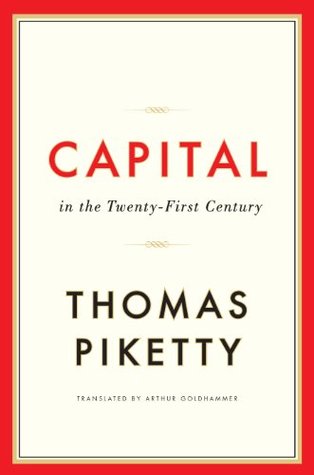More on this book
Community
Kindle Notes & Highlights
When the rate of return on capital exceeds the rate of growth of output and income, as it did in the nineteenth century and seems quite likely to do again in the twenty-first, capitalism automatically generates arbitrary and unsustainable inequalities that radically undermine the meritocratic values on which democratic societies are based.
Like his predecessors, Marx totally neglected the possibility of durable technological progress and steadily increasing productivity, which is a force that can to some extent serve as a counterweight to the process of accumulation and concentration of private capital.
The sharp reduction in income inequality that we observe in almost all the rich countries between 1914 and 1945 was due above all to the world wars and the violent economic and political shocks they entailed (especially for people with large fortunes).
there is no natural, spontaneous process to prevent destabilizing, inegalitarian forces from prevailing permanently.
Knowledge and skill diffusion is the key to overall productivity growth as well as the reduction of inequality both within and between countries.
When the rate of return on capital significantly exceeds the growth rate of the economy (as it did through much of history until the nineteenth century and as is likely to be the case again in the twenty-first century), then it logically follows that inherited wealth grows faster than output and income.


